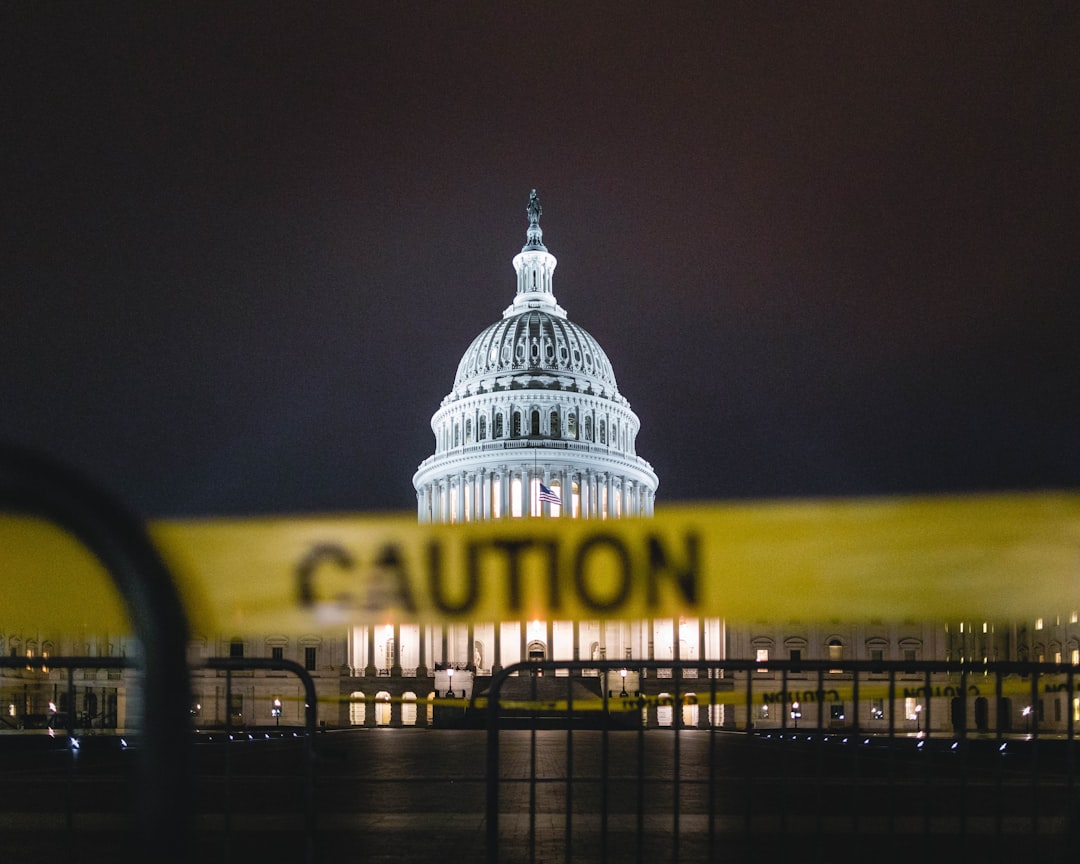Don't Let the Government-Shutdown Charade Distract You From the Debt Crisis
Federal health care and entitlement programs remain the biggest fiscal challenge.
Below are highlights from my op-ed, titled “Don't Let the Government-Shutdown Charade Distract You From the Debt Crisis” that appeared in Reason on September 14, 2023.

Congress is resuming its negotiations over annual spending on so-called discretionary programs. While controlling discretionary spending is important for fiscal responsibility, for reducing government waste, and for negotiating the proper size and scope of federal activities, the current shutdown debate is largely symbolic.
Those paying attention to the debt limit debate that ended in early June may be wondering what all the shutdown fuss is about, given that Congress and the White House agreed to new spending limits just a few months ago. Those limits, specified in the Fiscal Responsibility Act, were a sham from the beginning. Secretive side deals undermined the stated goals of the bipartisan agreement before the ink was dry. Now President Joe Biden has requested $40 billion in additional emergency supplemental spending, with the Senate adding several more billion to its appropriations bills, a glaring attempt to evade even modest fiscal restraints.
The debt limit deal did succeed in allowing both Democrats and Republicans to claim political victory while suspending the debt limit for more than 18 months. The losers are the American people, as excessive federal spending and unchecked entitlement growth drive up inflation and interest rates and undermine stronger economic growth.
The longer Washington waits to fix autopilot spending, the more damage they'll do. The Congressional Budget Office's latest long-term budget outlook projects that U.S. government spending will consume nearly 30 percent of the economy by 2053—almost 40 percent higher than the historical average.
With Medicare and Social Security responsible for 95 percent of long-term unfunded obligations, according to the Treasury Financial Report, there's simply no way any serious fiscal reform effort can leave these programs untouched.
The most likely outcome from the current standoff is a continuing resolution into December, followed by a spending-laden Christmas tree bill before year's end. This shutdown debate matters only so much, considering the huge fiscal challenge confronting the United States.
Click here to read the full piece.


